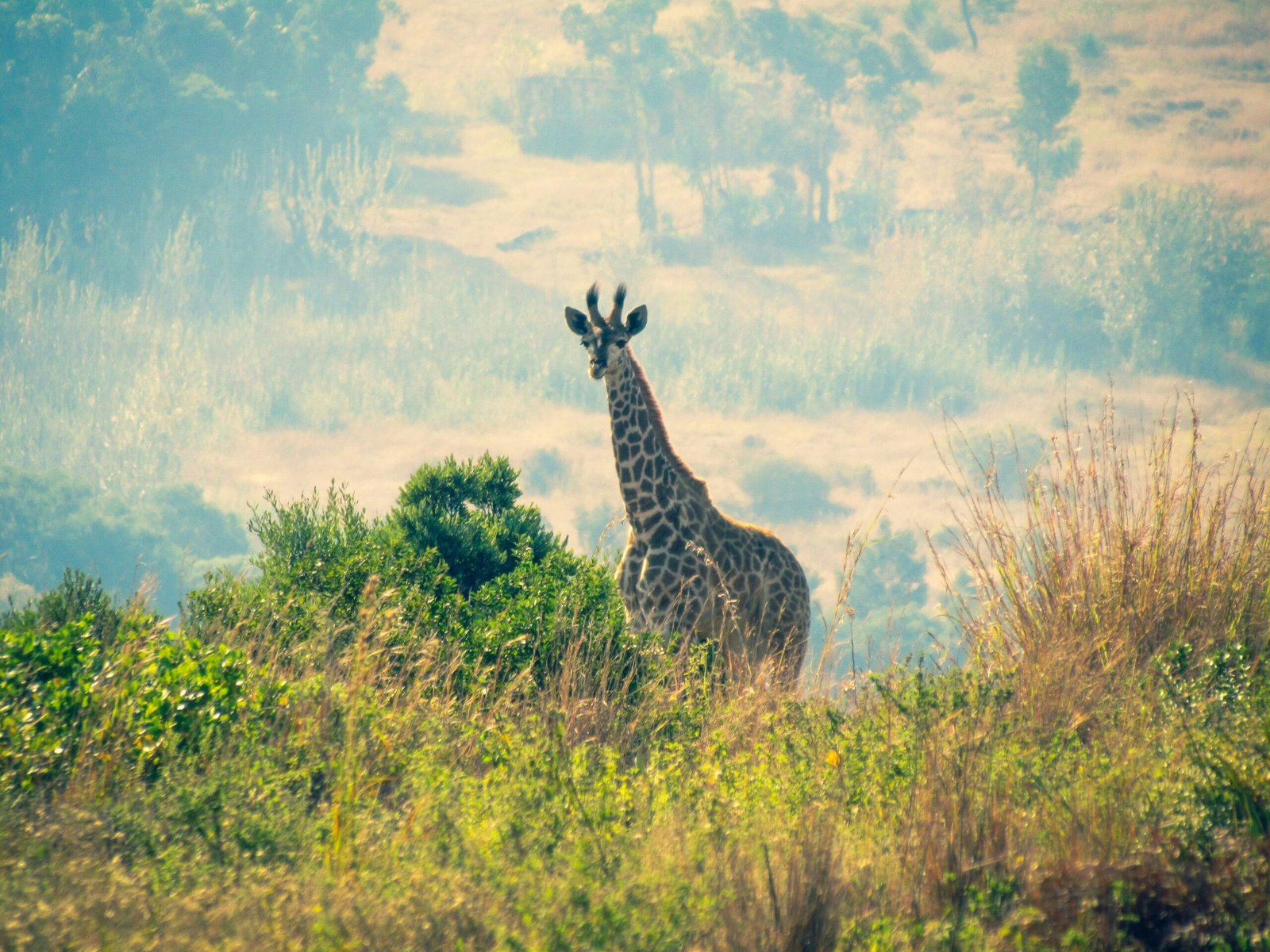When it comes to tourism, there are countless options to choose from. From relaxing beach vacations to thrilling city explorations, the possibilities are endless. However, one type of tourism that has gained significant popularity in recent years is wildlife tourism. This unique form of travel allows individuals to experience animals in their natural habitat, providing an up-close and personal encounter with some of the world’s most fascinating creatures.
But what exactly is wildlife tourism, and how does it differ from animal tourism? While both involve interactions with animals, there is a distinct difference between the two. Wildlife tourism focuses on observing and appreciating animals in their natural environment, while animal tourism often involves captive animals used for entertainment purposes.
The Importance of Responsible Wildlife Tourism
Responsible wildlife tourism is crucial for the conservation and protection of our planet’s biodiversity. By promoting ethical practices and sustainable tourism, we can ensure that future generations will also have the opportunity to experience the wonders of wildlife. It is essential to choose tour operators and destinations that prioritize the well-being of animals and their habitats.
When participating in wildlife tourism, it’s important to remember that we are visitors in the animals’ homes. Respecting their space and natural behaviors is paramount. Avoid engaging in activities that disrupt their natural routines or cause stress, such as getting too close, making loud noises, or feeding them human food.
Benefits of Wildlife Tourism
Wildlife tourism offers numerous benefits, both for the animals and the tourists themselves. Here are a few reasons why you should consider including wildlife tourism in your travel plans:
Education and Awareness:
Wildlife tourism provides an opportunity to learn about different species and their habitats. It allows us to gain a deeper understanding of the importance of conservation and the challenges faced by these animals. By experiencing wildlife firsthand, we are more likely to develop a sense of empathy and become advocates for their protection.
Economic Support for Conservation:
Many wildlife tourism initiatives contribute to the local economy and support conservation efforts. By visiting national parks, wildlife reserves, and eco-lodges, tourists help generate revenue that can be used for habitat restoration, anti-poaching measures, and community development. This economic support is crucial for the long-term survival of endangered species and their ecosystems.
Preserving Cultural Heritage:
Wildlife tourism often goes hand in hand with cultural experiences. Many destinations offer opportunities to learn about indigenous communities and their traditional knowledge of wildlife. By engaging with local communities, tourists can contribute to the preservation of cultural heritage while supporting sustainable tourism practices.
Choosing Responsible Wildlife Tourism Experiences
When planning your wildlife tourism adventure, keep these tips in mind to ensure a responsible and ethical experience:
Research and Choose Reputable Operators:
Do thorough research on tour operators and choose those that prioritize animal welfare and conservation. Look for certifications or affiliations with organizations such as the World Wildlife Fund (WWF) or the Global Sustainable Tourism Council (GSTC).
Respect Animal Welfare:
Avoid activities that involve direct contact with animals, such as elephant rides or swimming with dolphins. Instead, opt for experiences that focus on observation and respect for the animals’ natural behaviors.
Support Local Communities:
Choose accommodations and tour operators that have a positive impact on local communities. This can include hiring local guides, purchasing locally sourced products, and supporting initiatives that benefit the local population.
Leave No Trace:
Respect the environment by following the principles of “Leave No Trace.” This means not littering, staying on designated trails, and avoiding any actions that could harm the ecosystem or its inhabitants.
Conclusion
Wildlife tourism offers a unique opportunity to connect with nature and experience the beauty of animals in their natural habitat. By choosing responsible and ethical wildlife tourism experiences, we can contribute to the conservation of biodiversity and support local communities. So, the next time you plan your vacation, consider embarking on a wildlife adventure that will leave you with unforgettable memories and a greater appreciation for the incredible creatures that share our planet.

